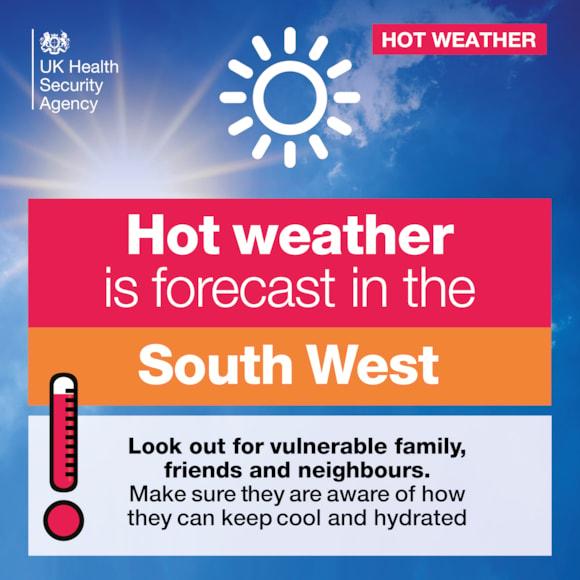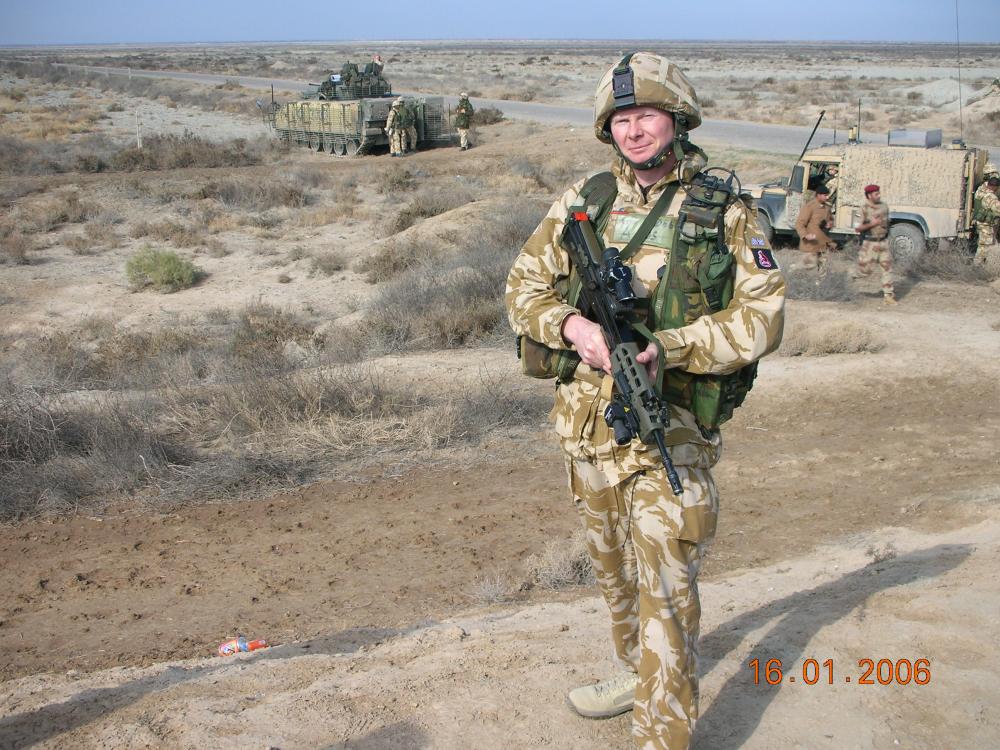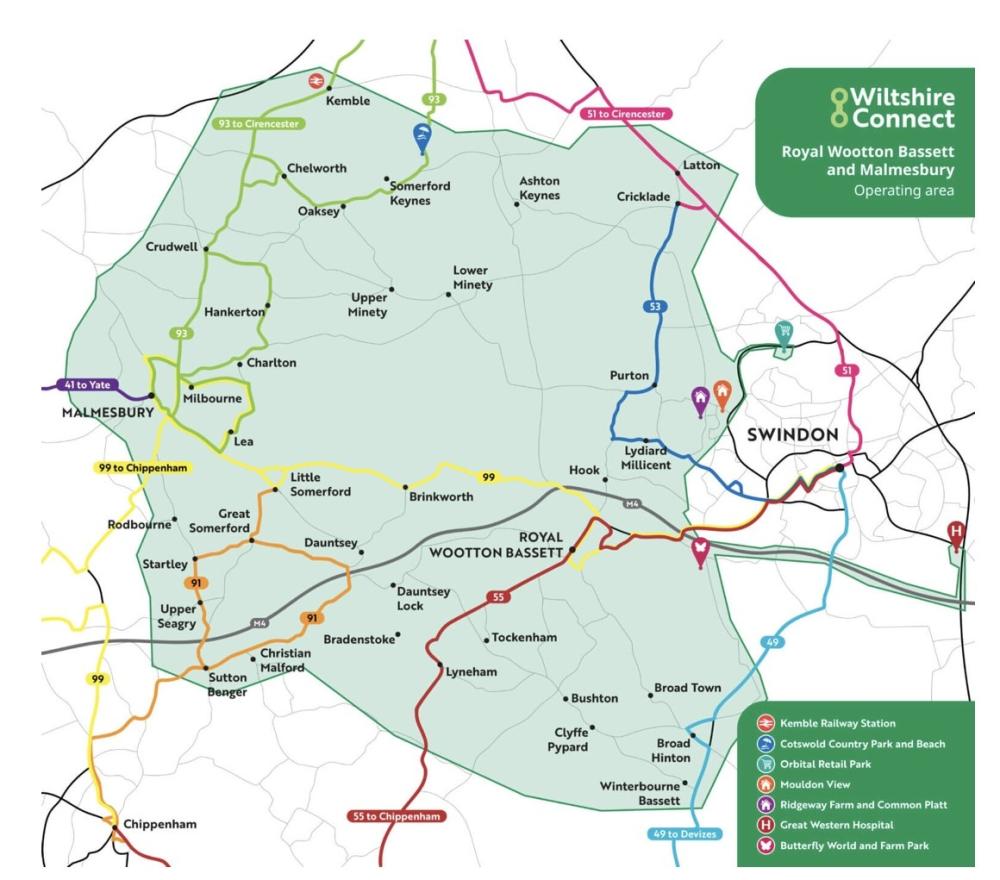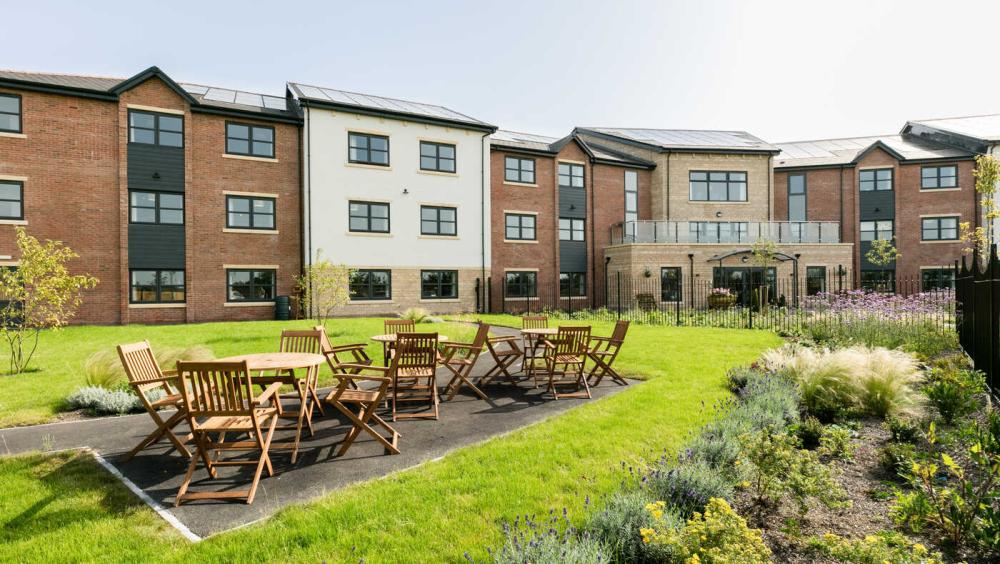The UK Health Security Agency (UKHSA) and the Met Office are maintaining their amber heat-health alert (HHA) for all regions of England including the South West.
The alert is in place until 9am on Monday 23 June, and the Met Office has forecast temperatures exceeding 30°C.
Under the Weather-Health Alert system, an amber alert means that weather impacts are likely to be felt across the whole health service.
At this level, there may be health impacts across the wider population, and an increase in risk to health for people aged over 65 years or those with pre-existing health conditions, including respiratory and cardiovascular diseases.
Dr Agostinho Sousa, Head of Extreme Events and Health Protection at UKHSA, said: “We have already seen warm weather across the week, and temperatures are set to increase in the coming days, exceeding 30c in many areas.
“Our findings show that heat can result in serious health outcomes across the population, especially for older adults or those with pre-existing health conditions.
"It is therefore important to check on friends, family and neighbours who are more vulnerable and to take sensible precautions while enjoying the sun."
Deputy Chief Meteorologist Dan Holley, said: “The highest temperatures from this hot spell are forecast for Saturday, with low 30s Celsius fairly widely across England, and up to 34°C possible in eastern areas.
"Despite this, the more uncomfortable heat will be in northern and western areas initially, where despite somewhat lower temperatures the air will be more humid.
“The nights will also be quite warm, with the possibility of temperatures not falling below 20°C in some areas, making it hard to sleep. This is what we term a ‘tropical night’.
“Temperatures will ease from the west on Sunday as fresher air arrives from the Atlantic, although parts of East Anglia and the far southeast of England could still see 28-29°C for a time.”
There are additional ways in which people can keep themselves and others safe during periods of hot weather, such as:
- Keeping your home cool by closing windows and curtains in rooms that face the sun
- If you do go outside, cover up with suitable clothing, such as an appropriate hat and sunglasses, and seek shade and apply sunscreen regularly
- Keeping out of the sun at the hottest time of the day, between 11am and 3pm
- If you are going to do a physical activity (for example, exercising or walking the dog), plan to do these during times of the day when it is cooler, such as the morning or evening
- Knowing the symptoms of heat exhaustion and heatstroke and what to do if you or someone else has them
The UKHSA data dashboard at https://ukhsa-dashboard.data.gov.uk/weather-health-alerts/heat provides the latest details on HHAs currently in place and their duration.









Your Comments
Be the first to comment on this article
Login or Register to post a comment on this article